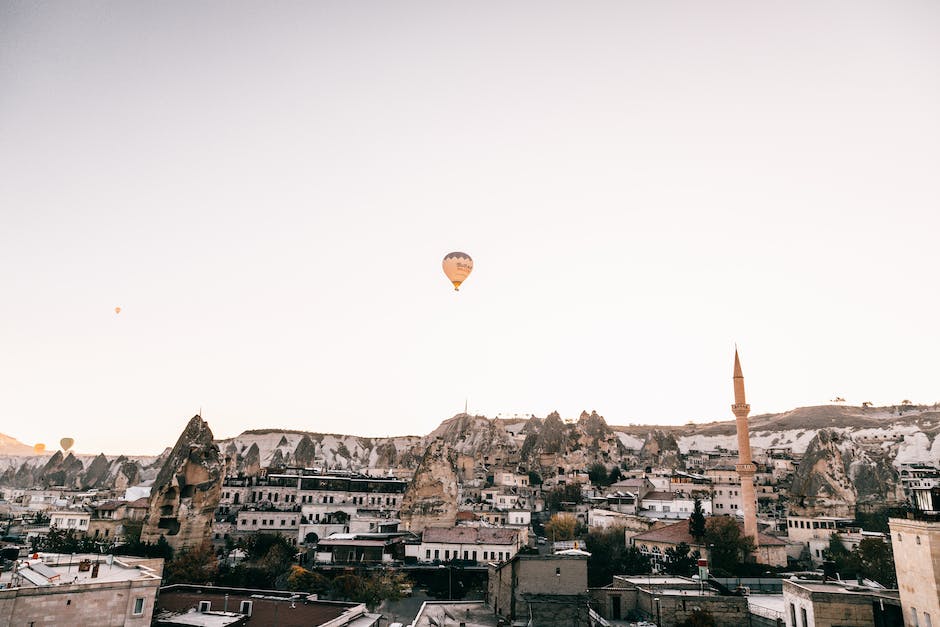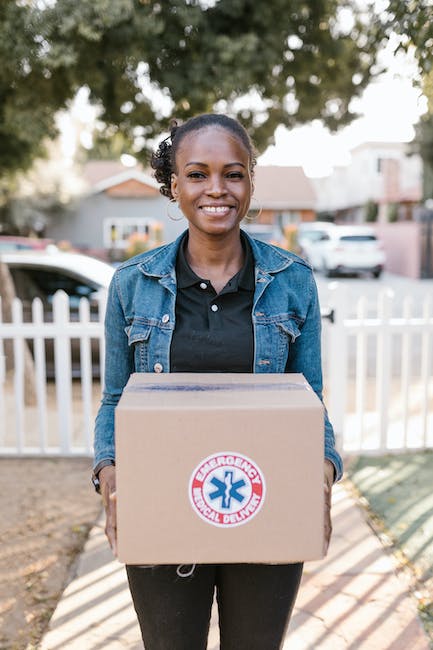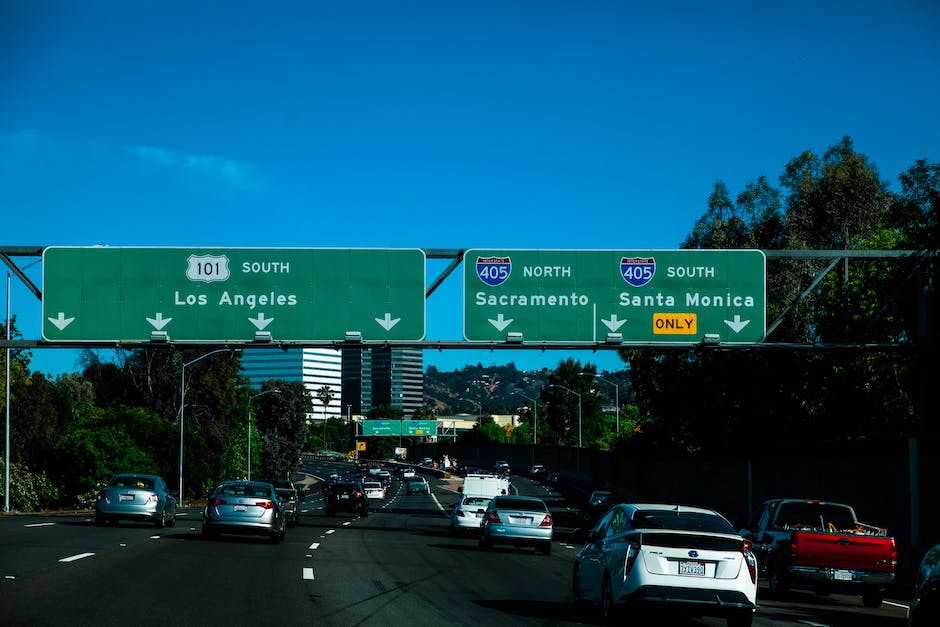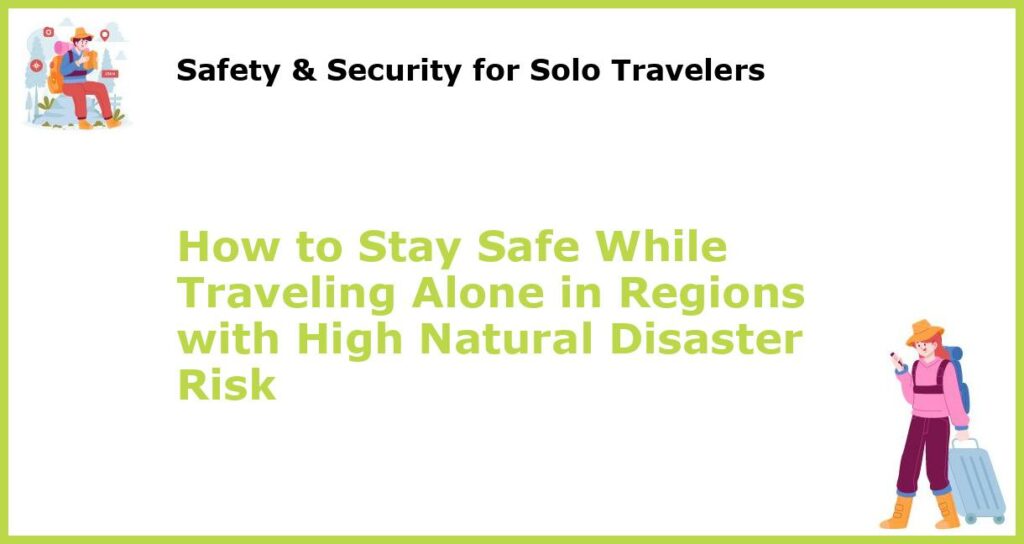Traveling alone in regions with high natural disaster risks can be scary, but knowing how to stay safe can help ease your worries. Here are ten tips to help you stay safe during your travels.
Do your research

Before traveling to a region with a high natural disaster risk, it’s crucial to research the area and become familiar with common hazards. You need to know everything that could pose a threat, such as weather patterns, seasonal changes, and any past disasters that the area has experienced. Look for any reliable sources of information, such as the local government websites, news organizations, or other travelers who have been to the region before. Once you have researched and understood these hazards, you can take the essential measures to protect yourself from any potential danger.
Stay alert

When traveling alone in regions with high natural disaster risks, staying alert is vital. You must always be aware of your surroundings and stay alert to any potential danger. Keep an eye on the weather alerts and any emergency warnings that may affect you. It would help if you also were prepared to evacuate if necessary- prepare an “evacuation kit” that you can quickly grab during an emergency to make the process easier.
Plan ahead

In case of natural disasters, your best defense is to develop an emergency plan. Create a plan that includes critical emergency numbers, such as ambulance services or local authorities. Also, always have a supply of food, water, and medical supplies on hand. You can store these essential emergency supplies in airtight containers and packs. Ensure that you have a designated meeting place for reuniting if separated from your group.
Get local advice

One good way to ensure a seamless experience is to talk to locals and other travelers in the area to get advice on how to stay safe. People who live in the region usually have valuable knowledge about the area and can offer tips that you may not have thought of. They can give you insightful information about the region, its climate, and its landscape, which can aid you in making informed decisions that will keep you safe.
Bring a charged phone

The phone is a crucial lifeline in case of emergencies, so you shouldn’t leave home without a fully charged phone and charger. It will not only help you stay in touch with your loved ones and the relevant authorities, but it can also enable you to access emergency weather alerts, news, local advisories, and maps in case you become stranded or lost.
Stay on higher ground

In areas with a high risk of flooding, try to stay on higher ground, preferably on the second floor or higher. If possible, you should avoid camping or sleeping in low-lying areas and be prepared to evacuate if necessary. Take note of emergency exits and other potential escape routes for your safety.
Know the area’s evacuation routes

In an emergency, knowing the area’s evacuation routes and where shelters and hospitals are located can be critical. Always have a handy map of the area, too, in case the situation prevents you from using your mobile device.
Pack wisely

Packing wisely is essential when traveling in regions with high natural disaster risks. You will likely face unexpected weather changes, so you should pack extra clothing, warm garments, and rain gear in case of sudden weather changes. You must include essential items such as a first aid kit, extra batteries, and a flashlight. If you have room, you could even add some non-perishable food supplies, water, and other emergency essentials. The general idea is to ensure that you’re self-sufficient in case of an emergency.
Stay informed

Staying informed is the key to keeping yourself safe while traveling in regions with high natural disaster risks. Always monitor local news sources and emergency alerts to keep abreast of any potential dangers. Try signing up to receive text alerts, and follow social media accounts of local authorities to stay up to date on the latest news. By keeping yourself informed, you will be better prepared to protect yourself and take the necessary precautions should an adverse event occur.
Use common sense

Never underestimate the power of common sense. By using simple rules such as avoiding unnecessary risks, you can help ensure your safety while traveling. Before taking any actions, always stop and think about the outcome—check how safe it is before taking decisions that could potentially hurt you or those around you. It’s better to be safe than sorry!








 You might also be interested in those articles related to solo traveling
You might also be interested in those articles related to solo traveling